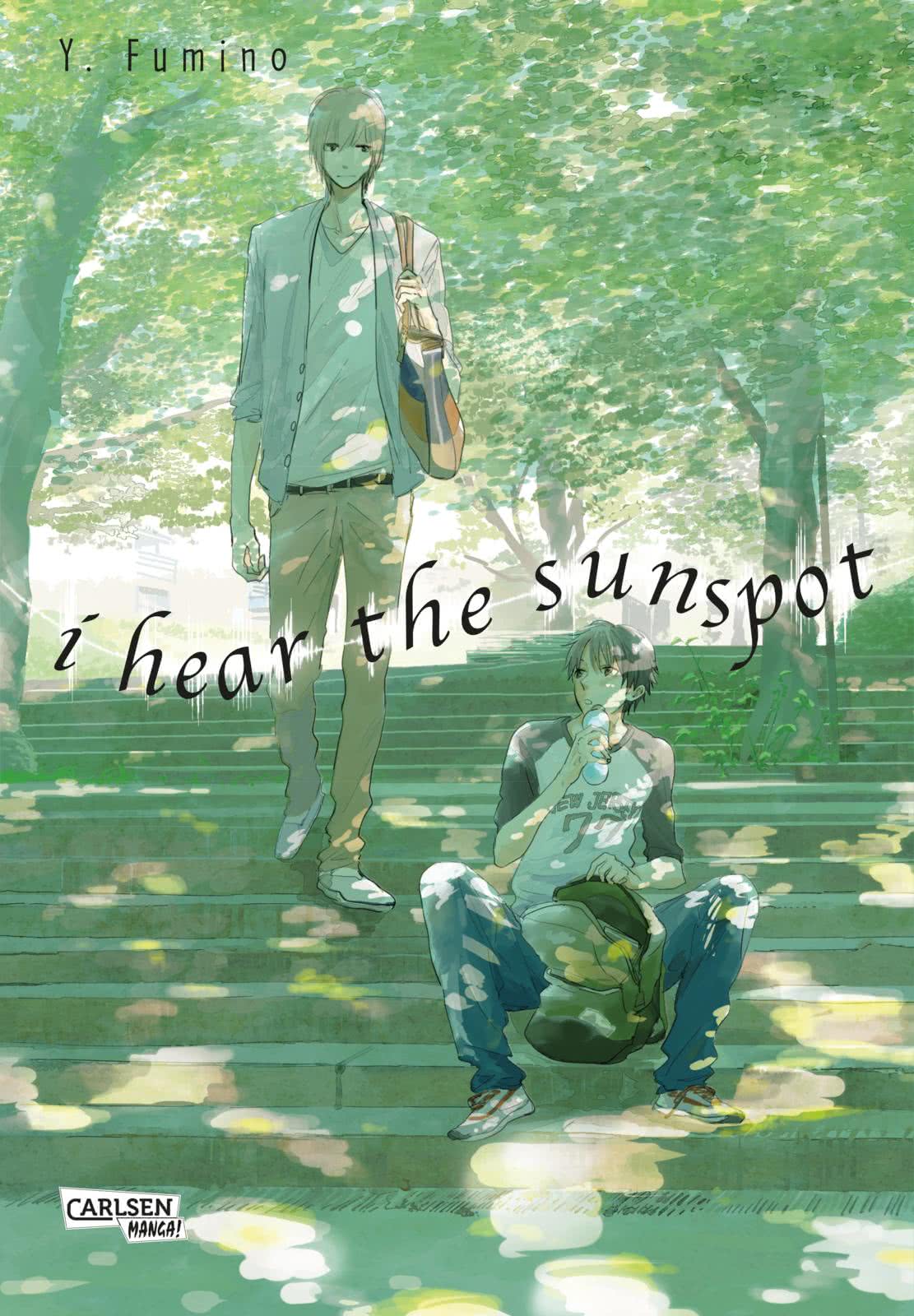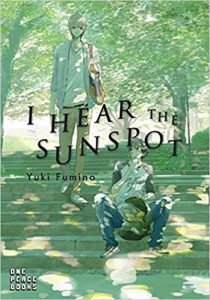
Nevertheless, Yuki Fumino is not averse to introducing heart-in-mouth moments to propel the drama forward and she does it again here. The narrative doesn’t judge or preach it shows insensitive reactions from both hearing and hearing-impaired characters, resulting in a realistic portrayal of the problems facing them with no easy answers offered. One significant scene in Limit #2 where Taichi and his boss Sai-san are assembling different types of hearing aid for a training session, has Taichi try on an aid similar to the one Kohei has been using – and his shock when experiencing the bewildering cacophony of sounds that the user has to learn to adjust to. Mangaka Yuki Fumino doesn’t judge the reader but nevertheless presents several (sometimes conflicting) viewpoints on what it’s like to try to function in the contemporary world with limited or no hearing at all.
#I hear the sunspot plus
But is it too late?Īnother plus with this series is the sensitive yet unflinching treatment of the central theme of living with a disability.

After getting to know them so well, we’re rooting for them to acknowledge how much they mean to each other. Yet it’s hard for readers to see both Taichi and Kohei struggling on their own to come to terms with their feelings and it’s a tribute to the mangaka’s skill in conveying their shifting emotions with sensitively written dialogue as well as her attractive and nuanced art. As is a meeting between Maya and Taichi’s friend Yasuda (who really likes Maya) which also ends in an unexpectedly touching way. We’ve come a long way with these characters and when tsundere Maya Oukami (who also likes Kohei) tells Taichi in no uncertain terms to stop moping and express how he feels to Kohei, it’s a surprising and unexpectedly touching development. If you’ve been following Taichi and Kohei (and their friends) throughout the five volumes of I Hear the Sunspot, you’ll be as desperately keen as I was to see if their nascent relationship has finally foundered after the heart-breaking last pages of Limit #2. However, a chance meeting at the hospital between Kohei and a feisty old man (who turns out to be Taichi’s grandpa) acts as a pivotal moment in Kohei’s thinking as he learns more about Taichi’s upbringing and background.Īnd what of red-haired Ryu, the profoundly deaf, futsal/football-mad (and IT genius) boy who has caused so much trouble for Taichi? The difficult relationship between him and his older half-brother Chiba, who works with Taichi, is explored movingly in this volume. Kohei is also not faring so well too, especially as he has to decide what to do about the offer of a cochlear implant as well as trying to come to terms with his feelings for Taichi. A new project gets them all fired up, though, even Taichi, who’s always eager to do his best.

This culminates at the end of Limit Volume 2 (the fourth manga in the sequence of five), in Kohei telling Taichi, “I think we should spend some time apart.”Īt Taichi’s work, his older colleagues notice his uncharacteristically subdued mood and the fact that he seems to have gone off his food.

#I hear the sunspot how to
Their everyday issues are compounded by growing and deepening feelings for each other which neither young man knows how to deal with or to express, leading to some truly painful misunderstandings. Kohei is confused and feels abandoned and Taichi, not good at explaining himself, only makes matters worse. But then Taichi, inspired to do more to help Kohei manage in the contemporary world with his hearing issues, drops out of uni to join an enterprising initiative dedicated to helping the hearing-impaired. Taichi – always ravenously hungry – readily offered to take notes in class for Kohei in return for delicious lunch boxes (Kohei is a good cook, like his mother, who teaches cookery). The friendship between two students: handsome, hearing-impaired Kohei Sugihara and irrepressible, good-hearted, loud-voiced Taichi Sagawa has deepened and changed since the day they first met on campus (Taichi almost fell onto Kohei!). “I don’t want the world to be a place that’s hard to live in for people who are different.” Taichi


 0 kommentar(er)
0 kommentar(er)
